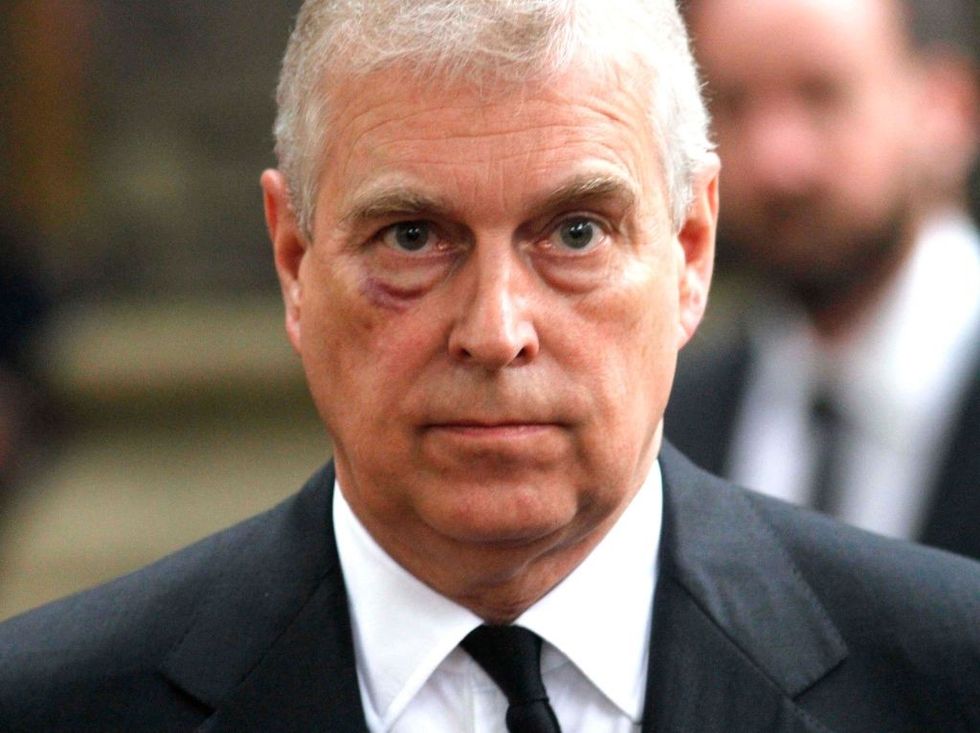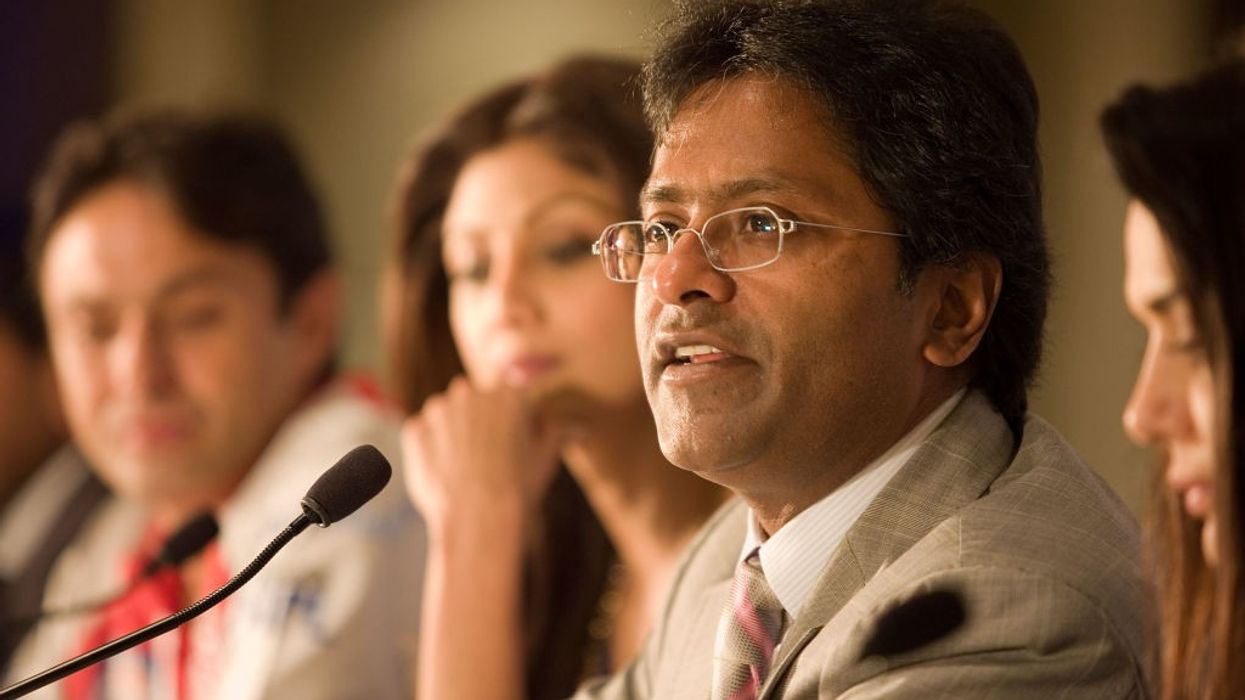LALIT Modi, the Indian cricket administrator who is sought for questioning in India over money-laundering allegations, is facing a legal challenge worth about £5 million in the high court in the UK.
The 55-year-old, who is known to be the founder of the lucrative Indian Premier League (IPL) cricket tournament, has been accused of convincing investors to put large amounts into a cancer treatment venture by falsely naming prominent royals, including Prince Andrew, as the scheme’s patrons. According to a report in The Sunday Times, none was aware that they were listed as supporters or had been approached by Modi. The cricket tycoon has denied the allegations.
The legal claim has been brought by Gurpreet Gill Maag, an Indian former model and Singapore-based venture capitalist, also known as Blu. According to her, Modi had persuaded her to invest $2 million (£1.4 million) in the Ion Care venture during a meeting at her suite at a hotel in Dubai in 2018. The meeting was also attended by her banker husband Daniel.
Modi tried to set to up a global network of cancer centres utilising the revolutionary single-dose radiotherapy that had been used on his wife Mrinal, at a clinic in Portugal. She passed away in December 2018. According to Maag, Modi told her that the treatment had given her some more years of life.
Modi produced investor document with big names to push his plan
Modi, who moved to London in 2010 after scandals rocked the IPL, allegedly produced an investor document to push his sales pitch. The document, which has been seen by The Sunday Times, listed as patrons, besides Andrew, late United Nations secretary general Kofi Annan, King Felipe and Queen Letizia of Spain, Princess Haya bint Hussein of Jordan and deputy prime minister of the United Arab Emirates Sheikh Mansour bin Zayed al Nahyan, who is also the owner of the Manchester City Football Club.

Maag alleged that Modi spoke highly about Prince Andrew and described him as “a very dear friend” of his and that he would introduce them to the royal member over dinner the next time they were in London.
The investor also said that former prime minister of Thailand Thaksin Shinawatra was also named separately by Modi as investors. It has also been alleged that sports starts like Roger Federer and Cristiano Ronaldo had “agreed in principle” to act as unpaid brand ambassadors to Ion Care in lieu of free treatments to charities they back although both were unaware of the Indian businessman’s actions.
“I was very impressed with the people he had managed to pull in and it seemed to be a noble endeavour,” Maag was quoted as saying by The Times.
The project flopped in 2019 and Maag, who is represented by Matthew Evans, a senior lawyer at Reynolds Porter Chamberlain law firm, is suing Modi for about £5 million. The sum includes “loss of opportunity” to cover the amount she could have made had she invested the money in some other venture. The case is set to go to trial early in 2022.
A statement from Modi’s lawyers said: “Unfortunately, despite successfully treating a number of patients, the project was not able to obtain sufficient funding and the company went into liquidation.”
Modi denies allegations
“Mr Modi denies the allegations made by Mrs Maag and is defending the claim in full. The matter will be decided by the High Court in due course and Mr Modi is not able to comment further at this time. Mr Modi confirms that no criminal charges have been levelled in any Indian court against him by any of the Indian authorities,” it added.
In filings at the High Court in Modi’s defence, he has argued that “the personalities mentioned were illustrative of the kinds of person [he] envisaged in the role of patron” and that he “intended to approach some or all of those people with a view to inviting them to participate” in Ion Care, The Times report added.
A spokesperson for Prince Andrew, who has been embroiled in another high-profile controversy related to his alleged links with late American paedophile financer and convicted sex offender Jeffrey Epstein and Ghislaine Maxwell, who is facing child-sex trafficking charges in a court in New York, said he has “never been a patron of Ion Care and had no knowledge of its existence”.
This case could bring the spotlight back on Britain’s alleged openness to provide shelter to wealthy businessmen from South Asia, by potentially allowing them to evade justice in their home countries.
Modi, who says he left India because of death threats, is being investigated by Indian authorities who would like to see him getting extradited to his home country. Modi, who is known to lavish life in the UK, though says that he hasn’t done anything wrong and claims no criminal charges have been brought against him in India.




